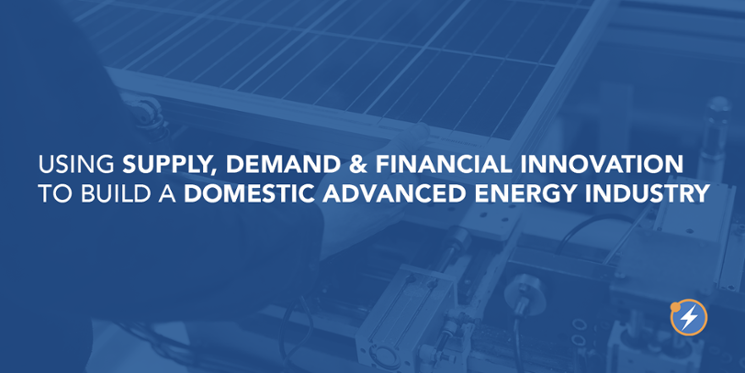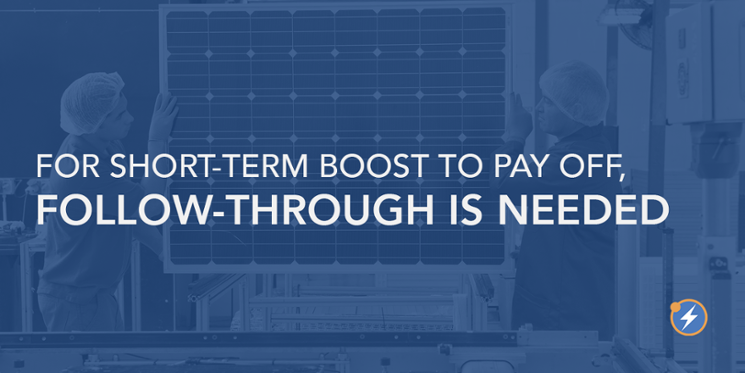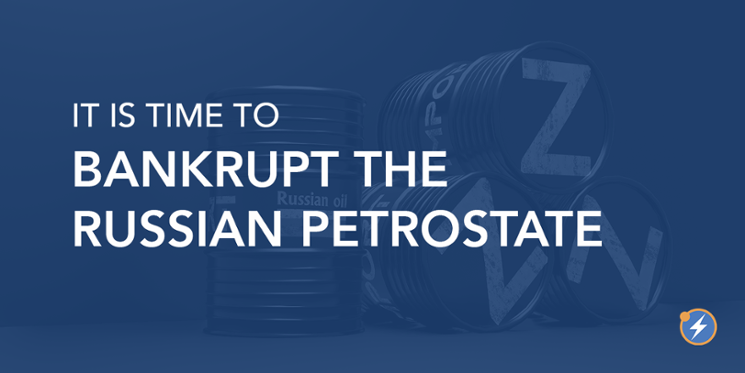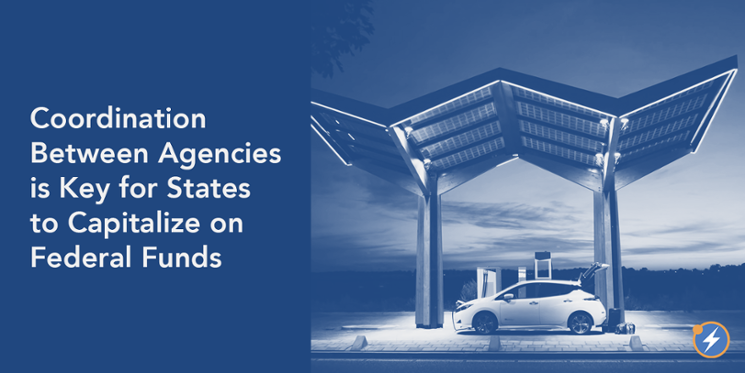
On Tuesday, President Biden signed the Inflation Reduction Act (IRA), the most significant legislation ever enacted to advance clean energy, electrify transportation, and combat climate change. That much has been well established. What’s been underappreciated is just how transformational the IRA could be. Akin to the industrial policies of earlier eras, it has the potential to reshape the U.S. economy. Employing tax incentives, grants, loans, and innovative financial tools, the IRA, when combined with the Infrastructure Investment and Jobs Act passed last year, will leverage billions in public capital to catalyze trillions in private investment and total economic impact. In so doing, it is poised to rapidly expand domestic markets for advanced energy and transportation technologies, revitalize American manufacturing, and reshape how we produce and use electricity. In other words, as industrial policy for an advanced energy economy, the whole of IRA is greater than the sum of its parts.

-1.png?width=745&name=Blog-Post_2022-05-09%20(3)-1.png)

